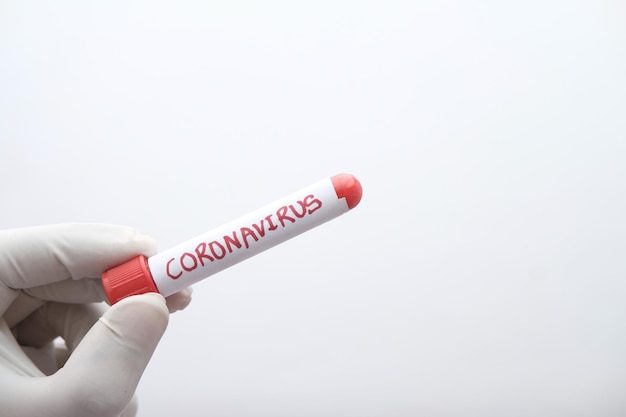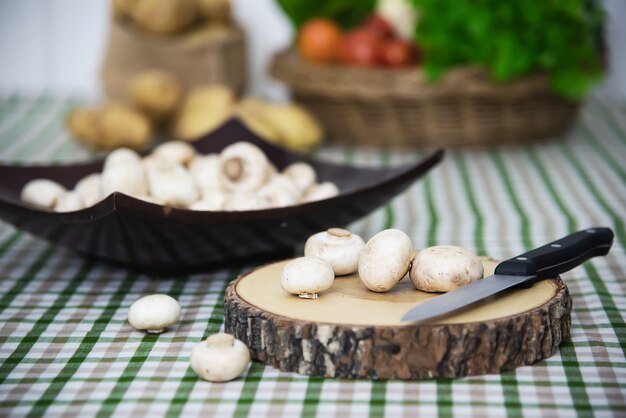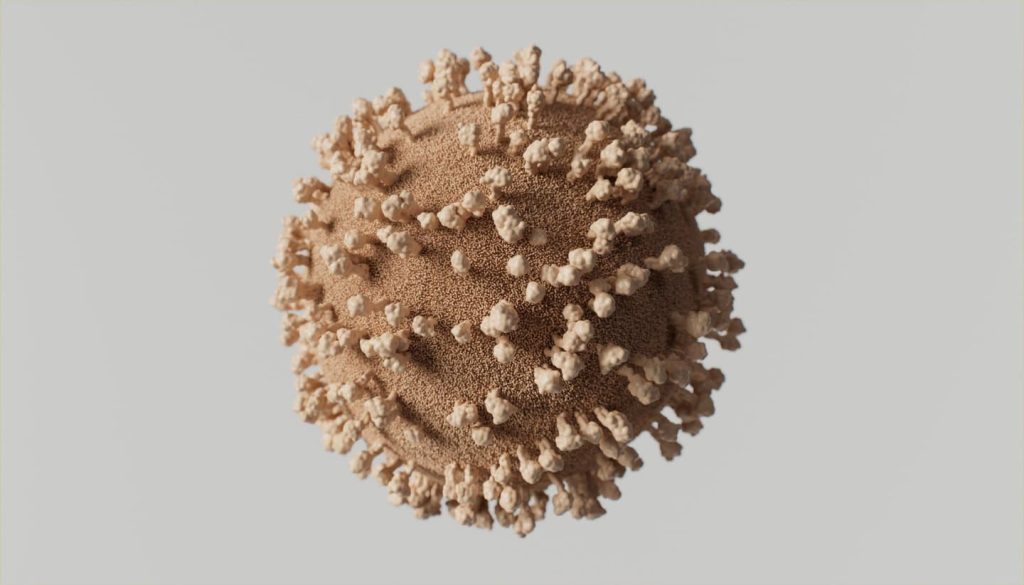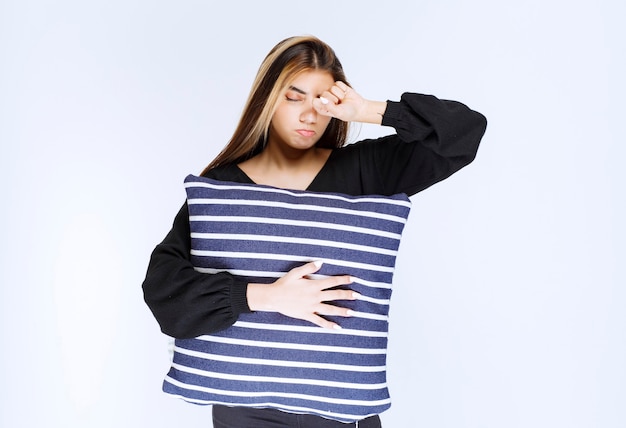Chlamydia is a common infectious disease caused by the bacterium Chlamydia trachomatis. It’s mainly spread through sexual contact and tends to affect the reproductive organs, but usually doesn’t involve the anus or oral cavity. It can also be passed from mother to baby during childbirth.
Chlamydia often doesn’t show symptoms or only causes mild ones, but it can lead to significant genital issues like inflammation and infection, and sometimes permanent sterility.
What to Do
Preventing chlamydia is key. If you notice symptoms such as unusual discharge from the vagina or penis, genital itching, pain during urination, testicle pain, anal pain, spasms, a sudden need to defecate, or rectal bleeding, you should see a healthcare provider right away. Diagnosis usually involves taking samples from the cervix, urethra, vagina, or urine, which are then tested in a lab.
What NOT to Do
Avoid having unprotected sex with new or casual partners as it raises the risk of contracting chlamydia. Don’t ignore any symptoms you may have. Delaying a visit to the doctor or not following the prescribed treatment can lead to incomplete recovery and increase the chance of a relapse. It’s crucial to monitor your health and follow medical advice precisely.
What to Eat
Although there isn’t a specific diet to cure or prevent chlamydia, certain nutrients can help boost your immune system and improve overall health. These include:
– Vitamin C: Promotes white blood cell production.
– Vitamin D: Supports immune function and reduces inflammation.
– Zinc: Important for immune cell functions.
– Selenium: Protects against oxidative stress and supports immune responses.
– Magnesium: Involved in over 300 enzymatic reactions, including those in the immune system.
– Iron: Essential for red blood cell creation and oxygen transport.
– Polyphenolic Antioxidants: Found in fruits and vegetables, reducing oxidative stress and inflammation.
– Amino Acids Lysine and Glycine: Important for immune defense.
– Probiotics: Support gut health, important for the immune system.
– Omega-3 Fatty Acids: Have anti-inflammatory properties.
What NOT to Eat
Certain dietary habits can be harmful or less beneficial:
– Monothematic Diets: Focusing on a single food group can lead to imbalances.
– Vegan and Carnivorous Diets: Can be hard to meet all nutritional needs.
– Diets Lacking Vegetables and Greens: Miss out on essential vitamins, minerals, fiber, and antioxidants.
– Diets Based Only on Cooked and Preserved Foods: Often lower in nutrients compared to fresh foods.
A balanced diet with a variety of nutrients from different sources is best for maintaining health.
Natural Remedies
While natural remedies can’t cure chlamydia, maintaining a healthy gut flora is important, especially when on antibiotics. Probiotics and prebiotics can help support the balance of beneficial bacteria in the gut. Some herbal remedies like Andrographis, Astragalus, Echinacea, Eleutherococcus, Mistletoe, Uncaria, Cordyceps, Garlic, Aloe Gel, and Turmeric can support immune health, though they don’t treat chlamydia directly.
Pharmacological Treatments
Antibiotics are the go-to treatment for chlamydia. Doctors might prescribe:
– Macrolides: Such as azithromycin or erythromycin.
– Penicillins: Including amoxicillin, good for various groups including pregnant women.
– Tetracyclines: Such as doxycycline or tetracycline.
– Quinolones: Like ofloxacin and levofloxacin.
– Sulfonamides: Including sulfisoxazole.
All sexual partners should be treated simultaneously to prevent re-infection and stop the spread of the disease.
Prevention
To manage chlamydia, effective prevention includes:
– Regular Screening: Annual check-ups are recommended, especially for sexually active women.
– Safe Sexual Practices: Using condoms with new or casual partners, avoiding unprotected oral sex, and being cautious with practices like cunnilingus and anilingus in casual relationships.







